Looking for ways to protect your eyes in college from straining? Worried about eye damage from computers, phones, and too much screen time?
From all that late-night studying, writing papers, hours spent daily on devices, and a general lack of good health during college, you need to protect your eyes in college!
Whether you are a college freshman or a returning student it is important to practice healthy habits when you are away at college, especially since your usual caregiving resource, mom and dad, aren’t with you to remind you.
Eye health is often overlooked when it comes to annual health exams. Most physicals include a visual acuity test, which tests your ability to see from a specific distance. This is the first step in determining if you need to see a specialist or fit for prescription glasses.
However, eye health can change over time based on genetics, lifestyle, seasonality, and infection. It’s best to book an annual eye exam to have an optometrist take a closer look at your eyes.
Accurate vision plays a vital role in learning as college students need healthy vision to study. Students can be susceptible to a myriad of vision and eye problems, such as injury, infection, and increased nearsightedness that can complicate life socially and academically.
Crowded classes and dorms can also serve as a breeding ground for infectious eye disease while reading and computer use in school can lead to poorer eyesight. Fortunately, there are many ways to avoid these and other eye issues on campus.
Use these tips to help reduce eye strain from phones, protect your eyes from computer screens (including blue light), as well as learn the best ways to care for your eyes daily.

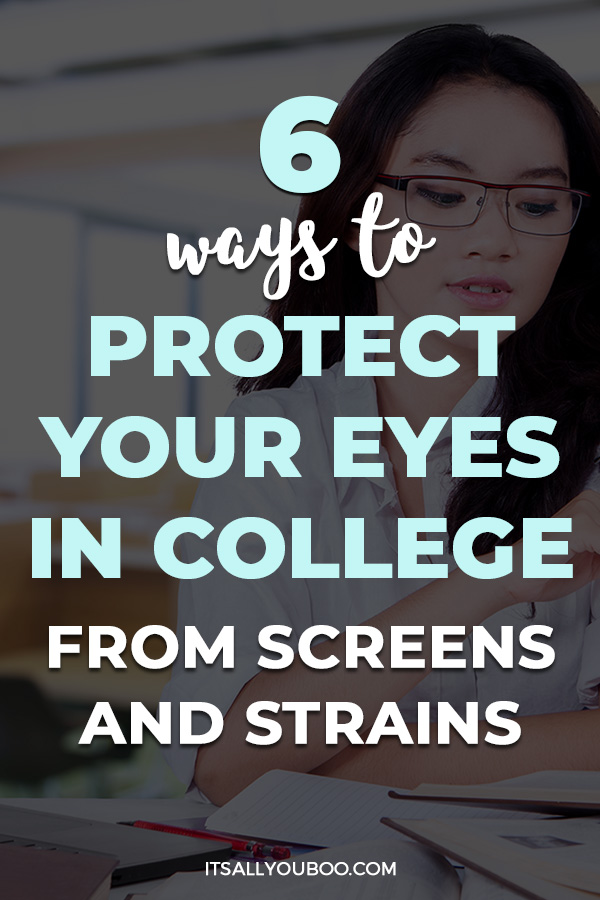
THIS POST MAY CONTAIN AFFILIATE LINKS.
IF YOU MAKE A PURCHASE FROM THESE LINKS, I MAY EARN A SMALL COMMISSION.
CLICK HERE FOR MY FULL DISCLAIMER STATEMENT.
Best Ways to Take Care of Your Eyes in College
#1. Schedule an Eye Exam
The best way for college students to protect their eyes is by scheduling an annual eye exam. There are new and developing risks that accompany the rise of excessive technology use, which make annual eye exams more important than ever for college-aged individuals.
It is common for students to develop computer vision syndrome (CVS) or eye strain from screens while studying for long periods of time.
It is also common for students to experience eye strain when reading textbooks and assigned readings if they are reading in poorly lit areas. That being said, your vision is likely to change as you age based on other factors like genetics as well.
Therefore, scheduling your annual eye exam to occur when you are home from school for the holidays is a simple and easy way to make sure your eyes remain healthy.
👉🏽 RELATED POST: Daily Routine Schedule for College Students
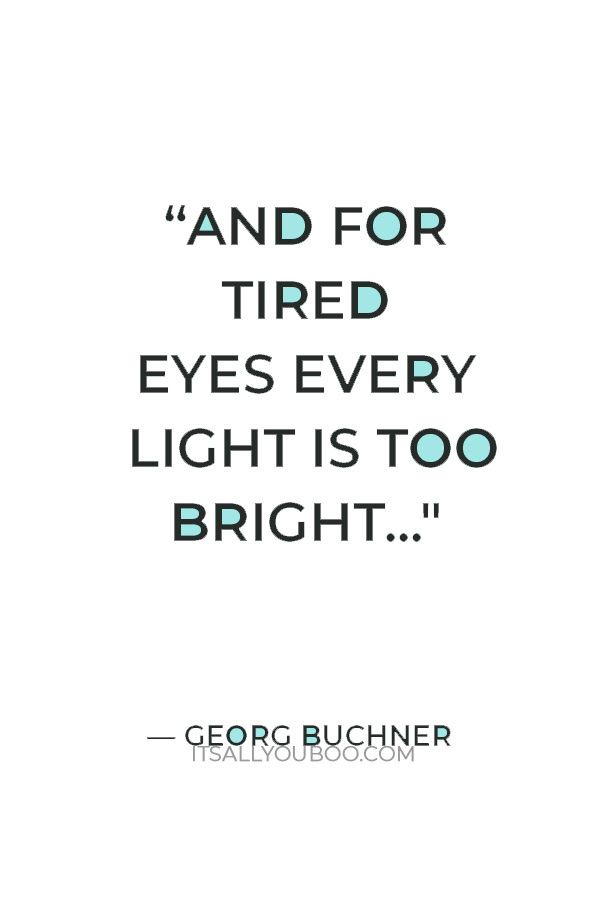
If you have noticed worsening symptoms of eye strain or CVS recently—including red, dry, stinging, or exhausted eyes, it may be necessary to schedule an eye exam sooner rather than waiting for your next annual appointment. The sooner you discuss your vision changes with your optometrist, the sooner they can diagnose your discomfort and help you find relief.
#2. Wear Glasses If Needed
If you currently wear glasses it is important that you stay on top of said annual eye exams to make sure your prescription lenses are correct.
Wearing the wrong prescription glasses won’t damage your eyes long-term but they can cause unnecessary discomfort, which can keep students from reaching their potential academically.
Just Got New Glasses?
If you are new to wearing glasses, you may not know any different and think feeling dizzy while wearing them is normal—the good news is, it is not.
However, when you are wearing glasses with a new prescription or are wearing prescription glasses for the first time, feeling some discomfort is normal as it can take a while for your eyes to adjust to your new lenses.
It can take anywhere between two days to two weeks to fully adjust to new lenses, but if you are still feeling discomfort after two weeks of wearing your new glasses, you should schedule an appointment with your optometrist to get your eye prescription checked again.
👉🏽 RELATED POST: Realistic Budget For College Students
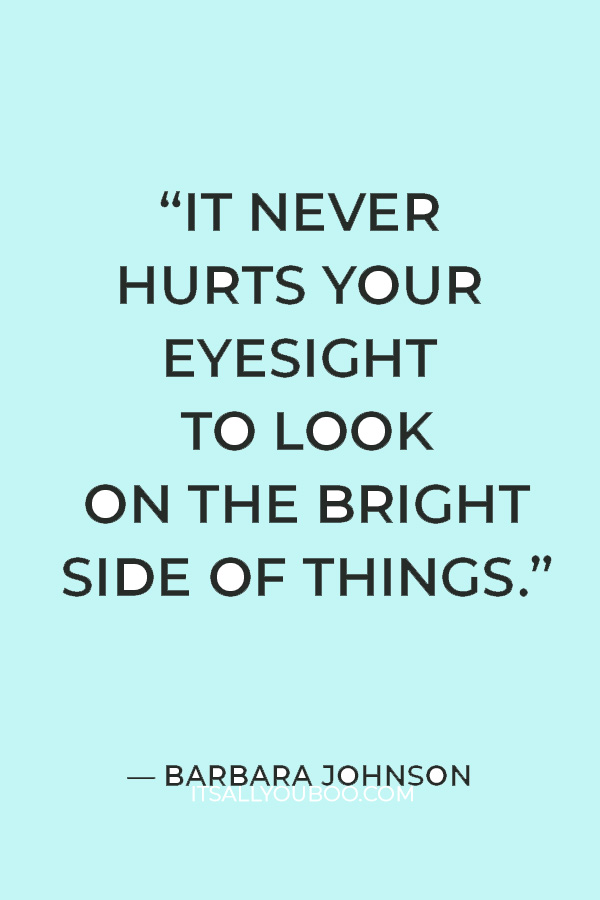
Have the Wrong Prescription?
Wearing the wrong prescription and not wearing glasses when you need them can lead to dizziness or vertigo, headaches, blurry vision, nausea, and eye strain or eye fatigue.
Therefore, it is important to have your prescription checked regularly at your annual exam for any changes and immediately if you are feeling the aforementioned side effects.
With online shops, upgrading your glasses is easier than ever. Warby Parker allows you to choose the right eyeglasses frames to go with your prescription. This will not only benefit your vision but is a great way to begin the new school year.
There are plenty of new and trending frame options available to students that can help make a fashion statement while also protecting your eyes. Wearing a bold frame can set you apart from others in the class and you can even collect a few pairs to have on hand for different occasions and outfits!
#3. Use Eye Drops for Dry Eyes
You may know that looking at screens and reading textbooks with small print can strain your eyes, but did you also know that when you are looking at said resources you are also blinking less?
Yes, the simulation and focus you have when looking at a screen or reading a book reduces your blinking rate, which ultimately dries out your eyes. Blinking is your body’s natural response to hydrate your eyes from exposure to the air and elements.
It is important to protect your eyes from dry eye caused by computer screens and reading materials by keeping them hydrated.
👉🏽 RELATED POST: How To Put Yourself Out There in College
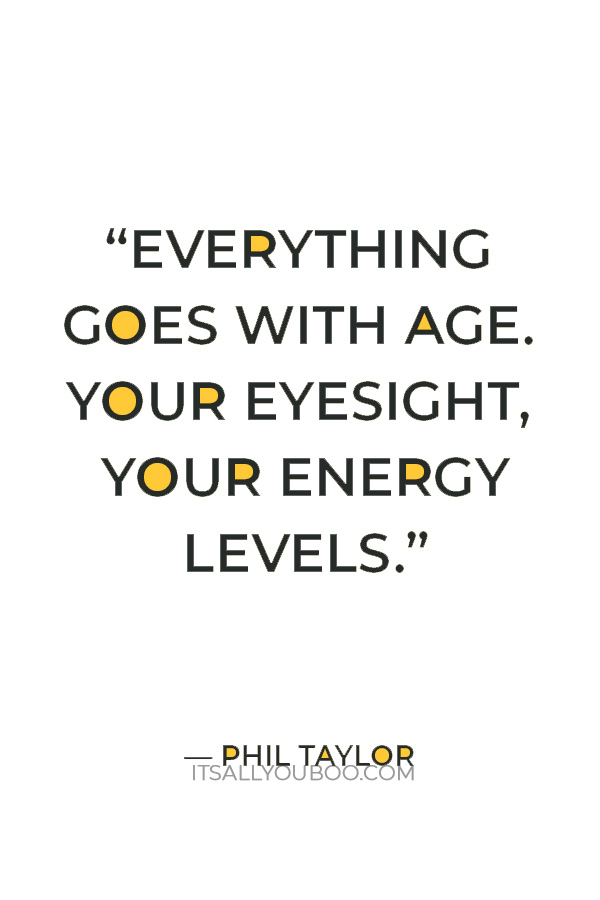
You can accomplish this by making a conscious effort to blink when your eyes begin to feel dry and to take breaks from screens and reading materials occasionally during study sessions or between classes. But fortunately, there are also a variety of eye drops available that can provide instant help.
You can use over-the-counter (OTC) eye drops, like Refresh Optive, which contain humectants, a moisture-retaining substance, lubricants, and electrolytes, such as potassium. OTC solutions are available in traditional eye drops, gels, and ointments. Gels and ointments tend to stay in the eyes longer, so they are better for overnight use.
Prescription eye drops, on the other hand, may also include medications to help treat chronic eye problems, like dry eye syndrome. Cyclosporine is a prescription eye drop that treats inflammation caused by dry eye. These drops are usually used twice a day to help increase tear production.
Regardless of the cause of your dry eyes, whether it is internal or external elements, OTC or prescription eye drops can help hydrate your eyes and decrease discomfort.
#4. Protect Your Eyes From Blue Light
The reason students’ eyes can become so fatigued, dry, and irritated from computer screens is due to the digital blue light they give off. Digital blue light is a high-energy wavelength on the visible light spectrum that can overwhelm the eyes.
Digital blue light can also affect the quality of sleep a user gets because it can affect your circadian rhythm, which controls your body’s sleep cycle. This is because the bright light tricks your body into thinking it is daytime at night as digital blue light mimics natural blue light that the sun generates, leaving you overly stimulated right before bed.
Therefore, digital blue light can severely affect your quality of life, especially as a student because you rely on screens to complete assignments and already battle with regular sleep schedules due to social events and late-night study sessions.
👉🏽 RELATED POST: Mental Health Tips for College Students
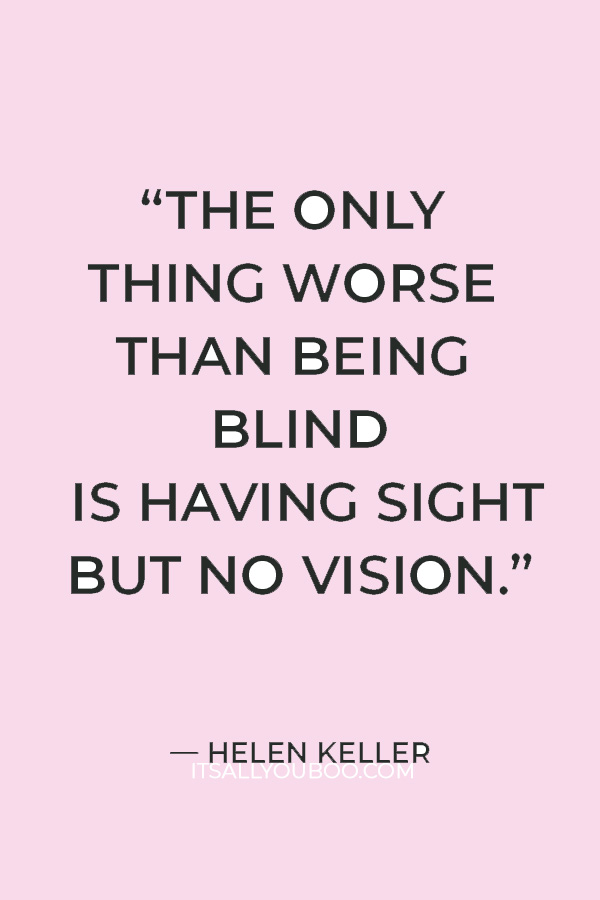
Reduce the Effects Of Blue Light
In order to relieve yourself from eye strain caused by digital blue light try to decrease your screen time as much as you can.
It may not be possible to significantly reduce your screen time while studying or completing assignments, but you can limit your social screen time to counteract your academic screentime; meaning outside of school work limit your time on your smartphone scrolling through social media.
Also, try using a screen filter like Night Shift mode when you are engaging with screens. Night Shift uses the clock and geolocation of your device to determine when it is sunset in your location. Then it automatically shifts the colors of your display to warmer colors, which produce less digital blue light. In the morning, it returns the display to its regular settings.
If you want you can even set a custom setting to leave your display on a warmer setting all day to protect your eyes from harsh high-energy wavelengths 24/7. Night shift also protects your body from falling out of its natural circadian rhythm and allows you to sleep more soundly, leading to a better quality of life overall.
#5. Remove Contact Lenses Regularly
According to the CDC, more than 45 million Americans wear contact lenses and when cared for properly, contact lenses can provide a safe and effective way to correct your vision. However, wearing contact lenses can increase your chance of getting an eye infection if you do not care for your lenses properly.
First and foremost, you should never sleep in your contact lenses unless prescribed by your eye care provider. Wearing contact lenses while asleep can cause up to eight times greater risk of an eye infection.
👉🏽 RELATED POST: Good Sleep Hygiene Tips and Checklist
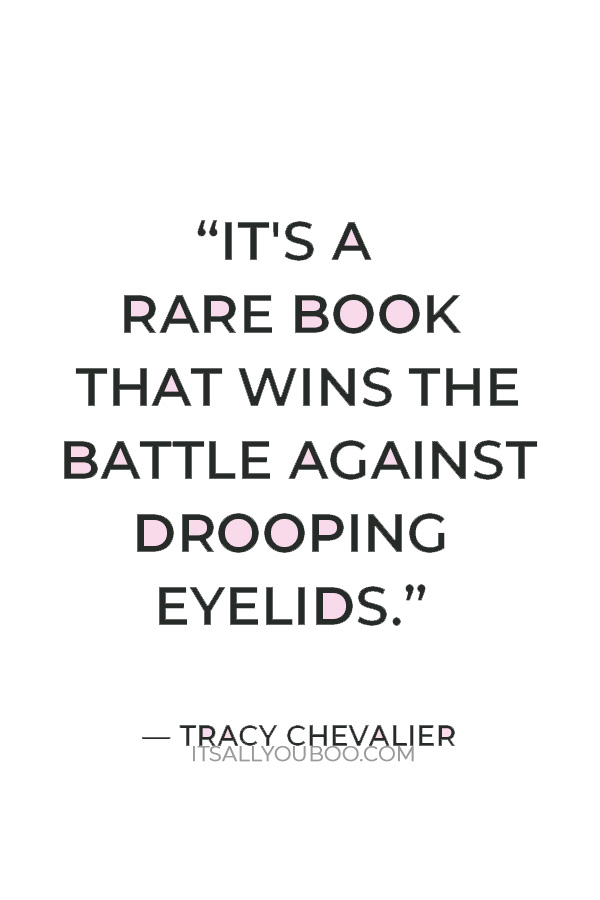
Although accidents do happen, so make sure you speak with your eye doctor about solutions for having slept in your contact lenses, which is a greater possibility in college as you may be staying up late studying or with friends and could forget to remove them before falling asleep.
Second, wash your hands with soap and water and dry your hands well with a clean cloth before handling your lenses. Inserting or even adjusting your lenses with unclean hands can also lead to an infection.
Third, keep your lenses away from water sources. Water can introduce germs and bacteria to the eyes through your contact lenses. You should always remove your lenses before swimming and avoid showering in them as an extra precaution.
Last but not least, make sure you are properly cleaning your lenses if they are reusable. Rub and rinse your contact lenses with contact lens disinfecting solution after every use and always use fresh contact lens disinfecting solution in your case when cleaning your lenses. Do not reuse the solution from a previous wash as it can contain bacteria from the last round of disinfection.
Properly taking care of your lenses will keep you from developing an eye infection as a result of wearing contacts.
👉🏽 RELATED POST: 21 Healthy Habits For Students

#6. Create a Healthy Study Set-Up
Lastly, make sure you create a healthy study setup. The right setup can benefit your eyes, believe it or not. When you are engaging with screens or reading material for school you should be in a well-lit area in order to protect your eyes.
The more natural light the better as it can help your eyes adjust to the screen and allow you to see your reading material more clearly with limited squinting. Squinting can lead to headaches and eyestrain and looking at screens in the dark can also be overwhelming for the eyes.
Also, make sure you have a supportive desk chair and a desk with a riser for your computer. This will allow you to sit up straight and maintain a proper distance from your screen.
If you work from your bed or couch you are likely sitting closer to your screen than necessary, which intensifies the effect of blue light on your eyes. This goes for smartphones as well, when using a smartphone try to hold it away from your face to protect your eyes from strain and CVS.
👉🏽 RELATED POST: How to Create the Best Night Time Routine
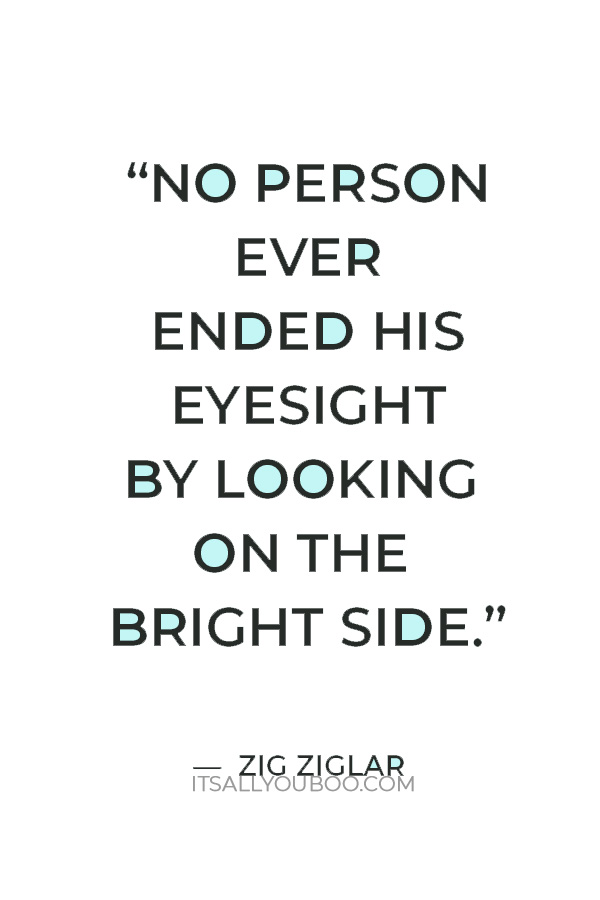
It’s Important to Protect Your Eyes in College
There are a lot of factors that can go into protecting your eyes, especially as a college student. You are no longer living at home with mom and dad who often remind you to take care of your eyes and make your appointments.
It is extremely important that you make it to your annual eye appointment in order to assess if there have been any significant changes to your vision.
Get Your Printable Habit Trackers
Wish you could make protecting your eyes in college a habit? It can be! Sign up below to get your printable habit tracker templates, with spreads for 30 and 31 days. Set adding eye drops and resting your eyes as daily healthy habits in college.
Also, never hesitate to schedule an eye appointment sooner than your annual exam if you have a concern about your vision. The sooner you address your vision concern the easier it is for a doctor to treat you.
Learning how to care for your eyes is an important life lesson that will carry you after graduation. No matter what career you end up in, whether working at home or in an office, being able to protect your vision will still matter.

How do you protect your eyes in college?
Last Updated on February 25, 2025





